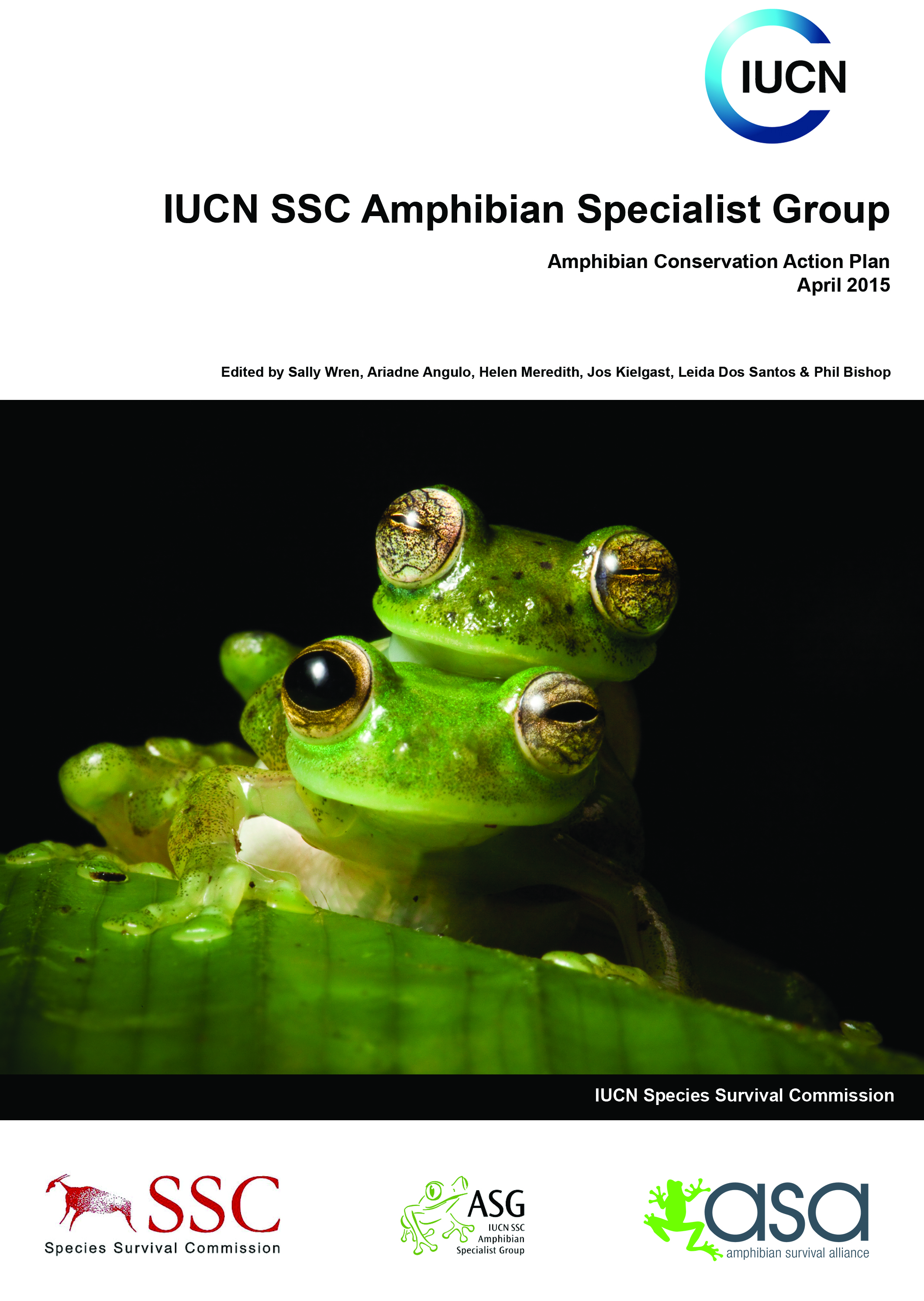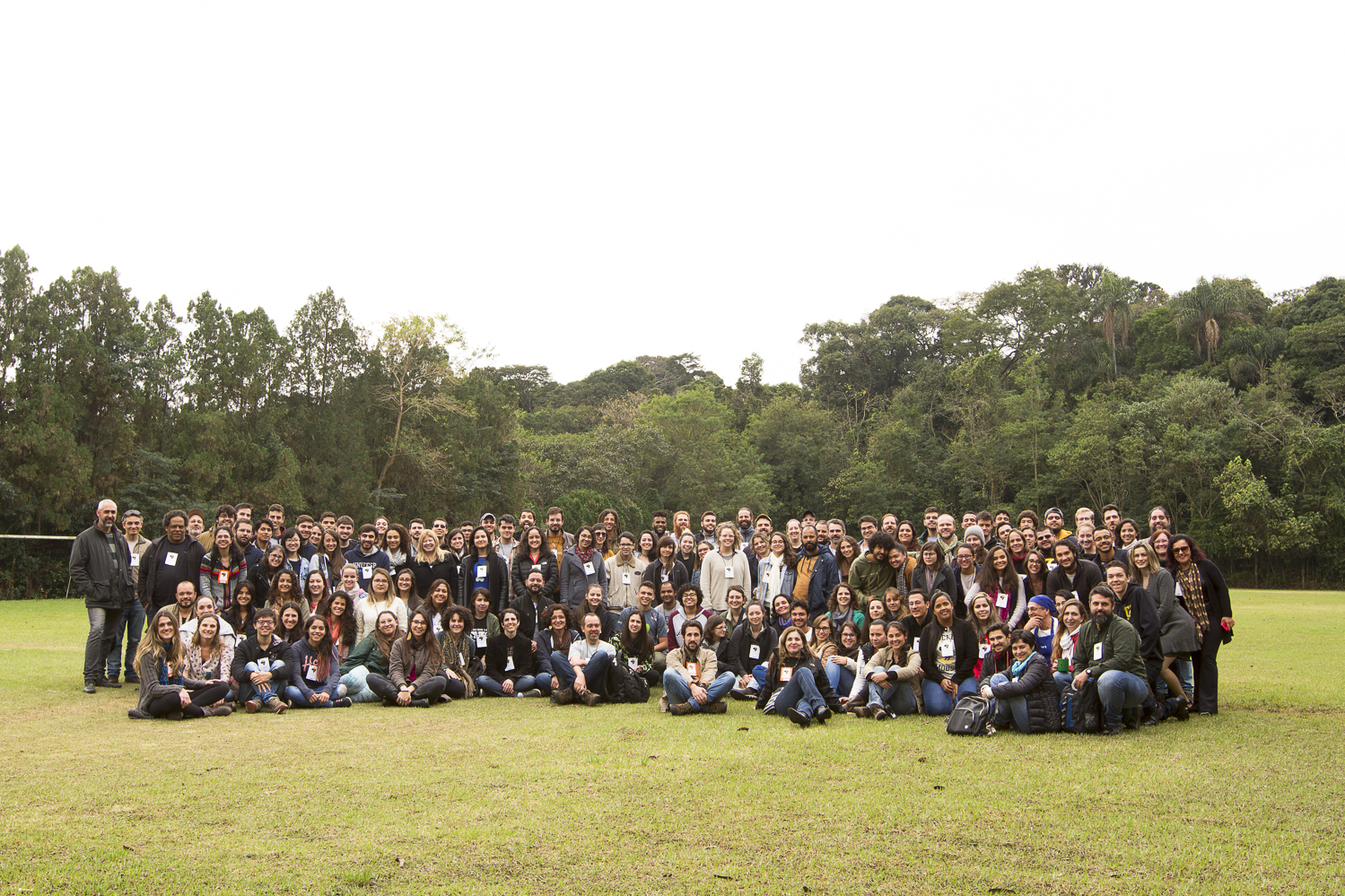Finding solutions to counter amphibian declines and extinctions is one of the greatest conservation challenges of our time; failure to address these issues would result in alarming implications for the persistence of many species and the health of ecosystems worldwide. With a membership of over 300 of the world’s leading amphibian experts, the IUCN SSC Amphibian Specialist Group (ASG) is uniquely positioned to identify the current challenges to amphibian conservation, and to recommend solutions. The ASG’s Working Groups are divided in three categories, the Thematic Working Groups, the Regional Working Groups and the Task Forces.
Thematic Working Groups
In 2013 the Amphibian Survival Alliance (ASA) requested the ASG to update the global Amphibian Conservation Action Plan (ACAP), first published in 2007. With ASA’s support, 12 Thematic Working Groups comprising ASG members with interest and expertise on specific topics were set up with the purpose of updating ACAP, which was launched as a living, virtual resource in 2015 to help guide the amphibian conservation community by identifying priorities for research and action. Each Thematic Working Group is coordinated by one or two co-chairs.
Although Thematic Working Groups were originally set up to update ACAP and this continues to be a main priority for these groups, their roles have expanded to become the go-to ASG authority for their particular themes.
In light of the current ACAP update several Thematic Working Groups and their leadership have changed. For information on the current Working Groups and their respective chairs please visit here.

For more information on the ASG Thematic Working Groups, their leadership and respective ACAP chapter please visit Thematic Working Groups.
Regional Working Groups
As the name implies, Regional Working Groups focus on specific geographic regions and were the first ASG Working Groups to be established, with ASG members based in or working in specific geographic regions. The ASG has 43 different regional groups, which include a combination of both country-level and higher-level groups, established as such based on a combination of amphibian biodiversity and expertise on this biodiversity. Each regional group is run by one or two co-chairs and there is considerable variation in how each group operates and is structured.

For more information on the ASG Regional Working Groups and their leadership please visit Regional Working Groups.
Task Forces
ASG Task Forces (TF) comprise groups of ASG members that have a specific taxonomic or thematic focus (different from the ACAP-focused Working Groups) and who wish to consolidate efforts and build knowledge on their respective study groups or themes. TFs are led by one or more TF Coordinators, who oversee the establishment and internal coordination of the respective group

For more information on the ASG Regional Working Groups and their leadership please visit Task Forces.
